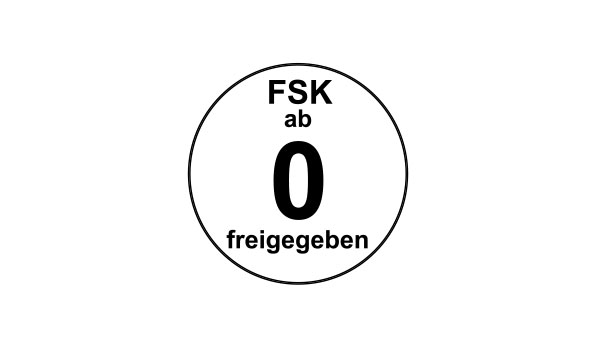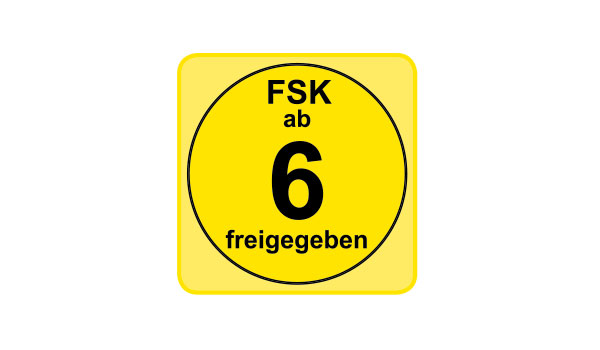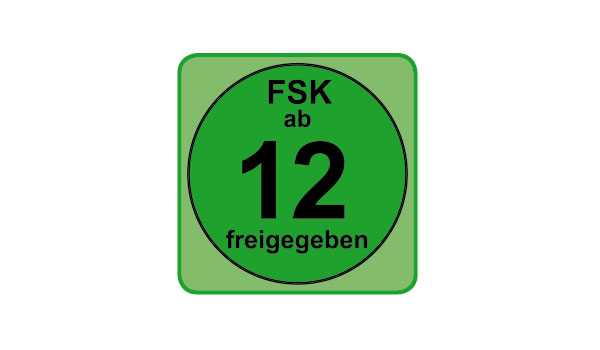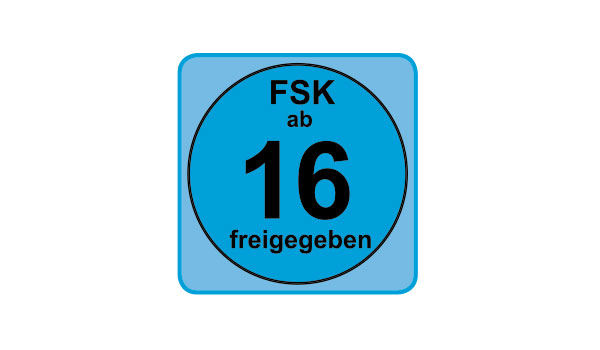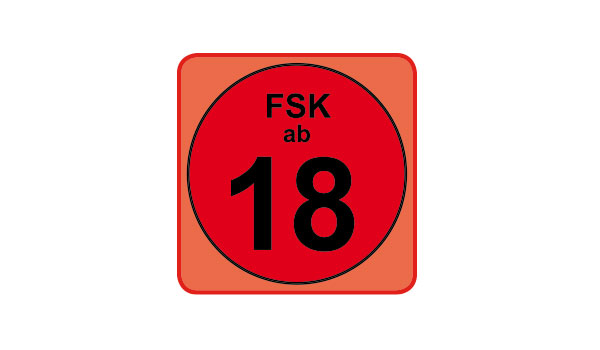§ 1 Definitions of terms
(1) For the purposes of this Act
1. children are persons who are not yet 14 years old,
2. young people are persons who are 14 but not yet 18 years old,
3. is a person entitled to custody who is entitled to custody of persons alone or jointly with another person in accordance with the provisions of the Civil Code,
4. is a person responsible for education, any person over 18 years of age, insofar as he or she performs educational tasks permanently or temporarily on the basis of an agreement with the person entitled to custody, or insofar as he or she cares for a child or a young person within the framework of training or youth welfare.
(5) The provisions of §§ 2 to 14 of this Act shall not apply to married youths.


